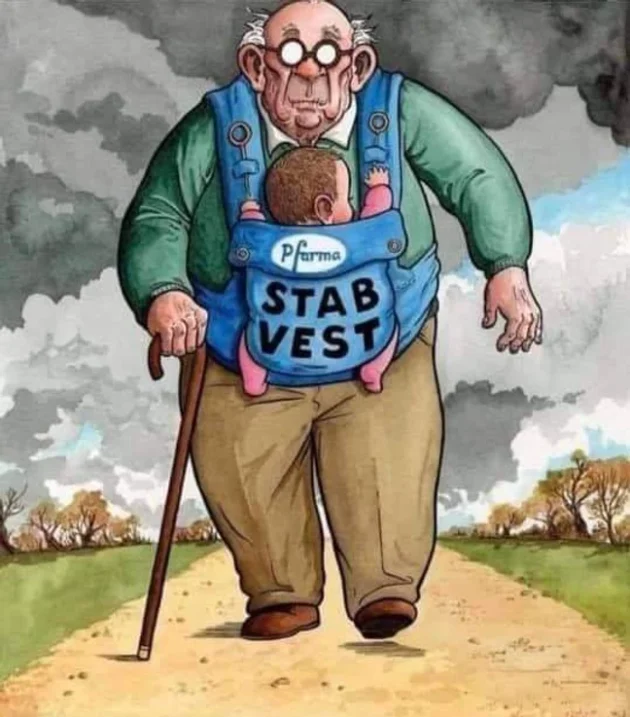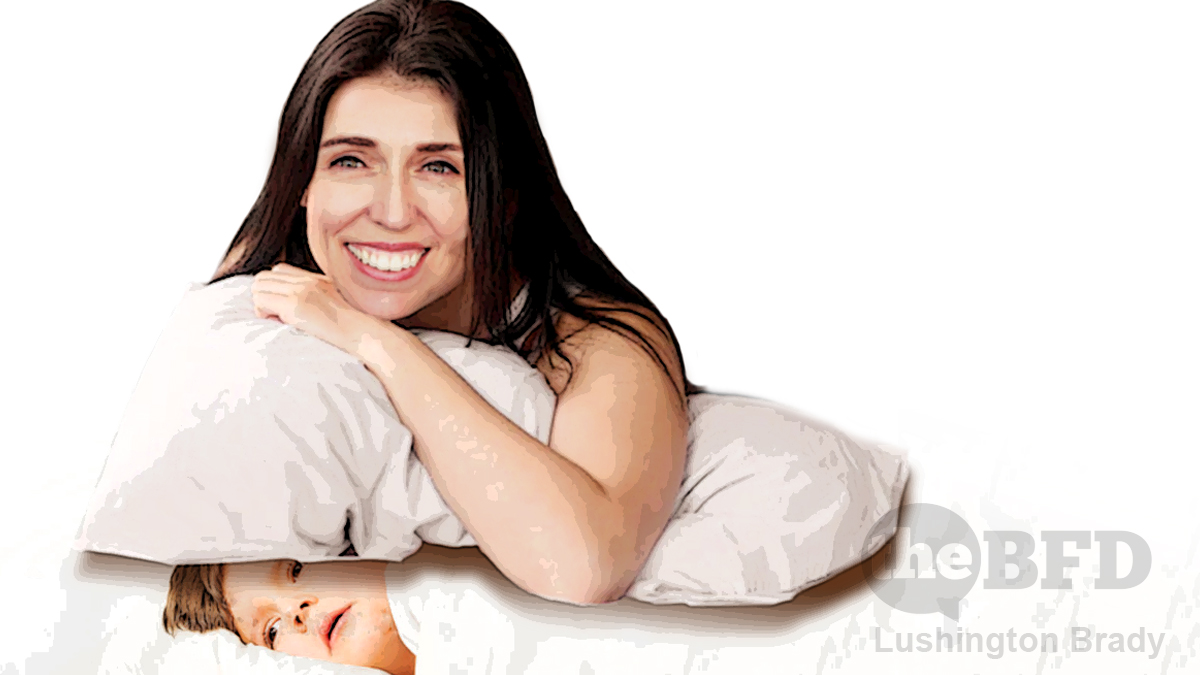I’ve written many times about what I call the “Moloch Option”: the policies pursued, most notably by the Ardern government, in a vain effort to “stamp out Covid”. As early as May 2020, I wrote that what “save lives” really meant was “sacrifice the young to save the very, very old and very, very sick for just a few more weeks”.

Because that’s the harsh truth: Covid has overwhelmingly claimed people who were at death’s door anyway. People who had lived more than the average share of their lives (the average age of Covid deaths is older than average life expectancy). The people who have paid the most for that — and will be, for most of their lives to come — are the young.
The very youngest children are paying dearly for Covid policies, with a generation blighted with severe developmental retardation. Teenagers and young adults are paying with, not just generational debt, but soaring rates of mental health issues and a generation of loneliness.
How “kind” and “empathic” is that?
“The findings revealed a group of young people disengaging from their peers, education, and society with little recognition,” the report said.
“Many … were still in school but taking to their rooms and socialising online – leaving their parents and caregivers feeling isolated, struggling to re-engage them.”
Japan has noted this problem for many years: the hikikimori. But these extreme hermits were long seen as an oddity of Japanese culture, confined to a relative few. What’s happening in New Zealand now is a very different kind of beast.
Social withdrawal among young people was already being observed in New Zealand and overseas before Covid-19, but appeared to be worsened by long periods of isolation during the pandemic.
“We found that young people started out really motivated to keep their learning up,” said Moore. “But that would gradually drop and they’d become less motivated as time went on because of the isolation.
What made it exponentially worse was a government and media bombarding them, non-stop, with hysterical fear-porn. Day after day, there was the prime minister and her sidekicks, yammering panic and doom from their little “Podium of Truth”. Little wonder that, when places like Britain finally ended restrictions, parents were confronted with children who were simply too conditioned by fear to go outside or play with others.
“They wanted to be out socialising, and now they’ve got these messages saying ‘Isolate, don’t talk to people, keep yourself separate’. So of course it enables and strengthens this behaviour.”
Covid also made young people in the programmes anxious – about their family’s income, about poverty, and their health.
“It seems like the world out there is a place where anxiety is very real. So that compounds their anxiety for them,” Moore said.
Social media played a role too. While it could be a haven for young people, especially minorities, to speak to like-minded people, it could also give the illusion of socialising and increase their disconnection from their peers or community.
NZ Herald
Even worse, social media has been the bully-pulpit for puffed-up once-were-nobodies who suddenly found themselves gifted a tiny taste of pseudo-stardom — and they grabbed it with both hands. If hysterical fear-mongering was the ticket to re-tweets and media attention, well, they were only too happy to oblige.
They’re still at it:
Social distancing, lockdown and the whole hysterical circus around Covid has been one of the most egregious failures of policy and public responsibility in decades. Those responsible have condemned a generation to suffer.
Will they ever be held to account?

